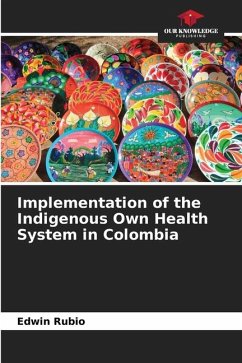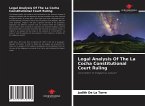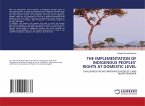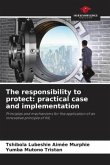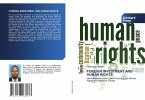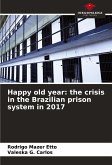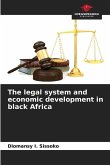This work is the result of a Master's thesis in Human Rights and Democratisation at the Universidad Externado-Carlos III de Madrid. In this work, first of all, a legal analysis of the Indigenous Health System as of the Colombian Constitution of 1991 is carried out. Subsequently, I reflect on the legal, social and political context in which a new legal framework emerged in which the country's indigenous peoples have been able to realise their demands for territorial autonomy since the beginning of the 1990s. I then go on to review Decree 1953 of 2014, which attempts to fulfil the historical debt owed to the indigenous peoples and as a first step towards the configuration of the ETIs (Indigenous Territorial Entities). Finally, I make an assessment of the Decree, mentioning its strengths, weaknesses and the challenges that various ethnic communities have begun to generate from the aforementioned norm.
Bitte wählen Sie Ihr Anliegen aus.
Rechnungen
Retourenschein anfordern
Bestellstatus
Storno

